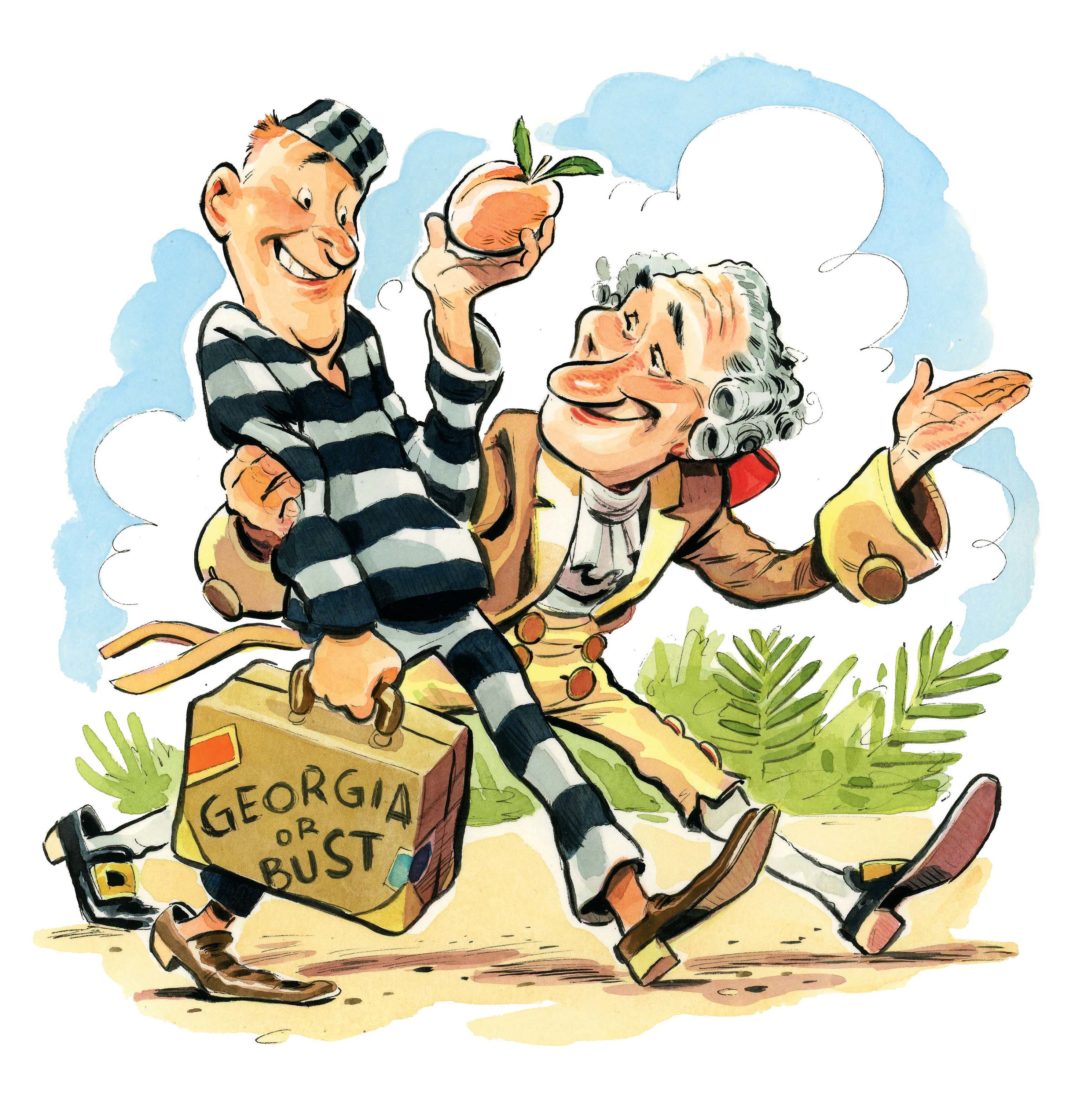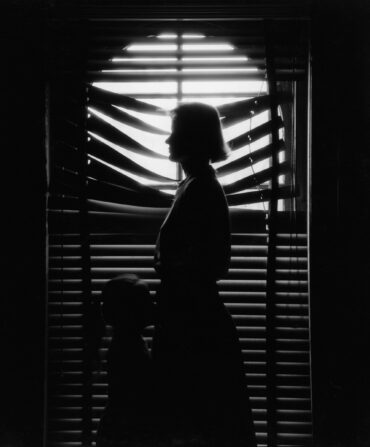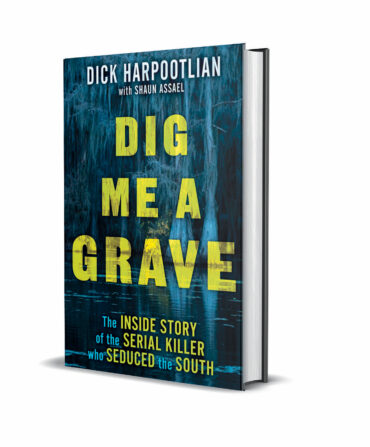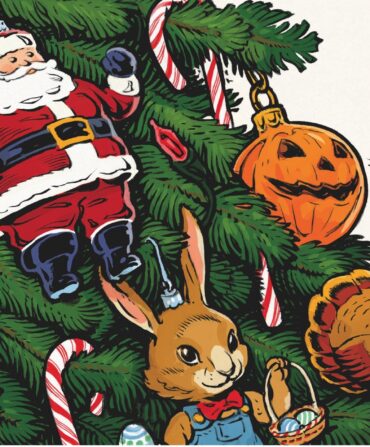Q: Eighteenth-century Georgia was really just King George’s penal colony, right?
A: Georgia wasn’t penal in the strict sense, like Devil’s Island in French Guiana. But as conceived by its founder James Oglethorpe and his trustees in London, Georgia was expressly built on the theory of work release. One of Oglethorpe’s selling points to King George II for the initial grant was that manning up the colony would, also, lighten the overcrowding in His Majesty’s prisons of what Oglethorpe termed the “worthy” poor. Ergo: It’s fair to say that scores of recently released habitués of the king’s house of corrections were among the colonists. Now, before our discussion gets drowned out by snickering from putative aristocrats who might think their lovingly tended family trees in states other than Georgia have escaped the jail-time taint, let’s note that George’s original grant in 1732 included great swaths of Alabama and Mississippi out through the Delta and beyond. In fact, emptying jails made for excellent colonial business—the British Caribbean, New Zealand, Australia, and the Raj’s India became places of the second chance. Teasing our brethren of the thirteenth colony about their jailbird roots remains the best kind of Southern sport, but down at the core, as Americans, every immigrant to the promised land comes from one sort of jail or another.
Q: Worried about the kids’ manners this year. Is there any reason not to use animal calls to wrench your children’s attention from their phones and tablets?
A: Gone are the days of my grandmother Vashti’s mellifluous Christmas dinner bell. The war against your children’s devices turning them into lumps on a log (or worse) is an unending one. Happily, I don’t think there’s any evidence that nature’s soundtrack has a deleterious effect. But whistles and clucks you might lovingly use on your dogs and horses carry a nuanced command vocabulary that’s notoriously hard to scale down into the house, especially with company present. If you want to give it a whirl, exercise care in your choice of species. Dog, horse, and mule signals seem fine, and I could see an argument for using a turkey or a duck call, but, again, in a house, a duck call is a bleating thing, and a turkey call’s narrative of a breeding hen might not be the metaphor you want for getting the kids to come be nice to Aunt Mabel, who’s come up from Mobile. A keening hog call probably has the best chance of slicing through a Minecraft session, but, fun as that might be to try, it seems like a no-no. Swine, right? Despite their intelligence and similarity to us in medical testing, correlating anything about pigs to anybody, at mealtimes no less, is dicey. Calling your people to the trough can be done more gently. Why not attack the problem at the source, and, like theater managers the world over, forbid devices from gatherings?
Q: What is a barlow knife?
A: The industrial dialogue between England and the United States is a tangled familial one, no facet of it more so than that embodied by this popular pocketknife born in the late seventeenth century in the steel-making town of Sheffield. The historical consensus seems to have landed on a specific Sheffield cutler, Obadiah Barlow, as the ingenious architect, about 1670. Obadiah’s grandson John came to the firm in the 1740s, as England’s factories were firing up to supply the new American colonists. The barlow’s enduring design is not in dispute: A teardrop handle, skinnier at the pivot and fatter at the back end, fit the tool to the hand. The signature long barlow bolster at the pivot effectively wrapped the tang and the frame of the knife in steel at what had been a folding knife’s weakest point. Wooden scales cut the cost. Washington allegedly carried a barlow, though this may be grouped in the apocrypha with the houses he slept in while on the run from the British. Be that as it may, America’s demand for the knife fast outstripped any appetite for it in England, which is how Samuel Clemens wound up putting barlows in the hands of Huckleberry Finn and Tom Sawyer. The knife’s message is ultrademocratic: From presidents to plowmen, all are welcome. The barlow was an everyday carry for everyman, and still is.
MORE ADVICE FROM G&G
Q: Inviting only couples to our dinner parties is wearing thin. How do we break out of it? >>READ MORE








